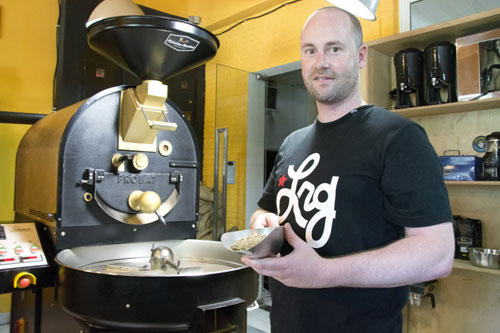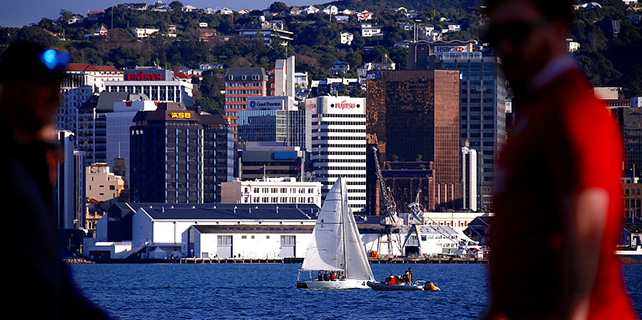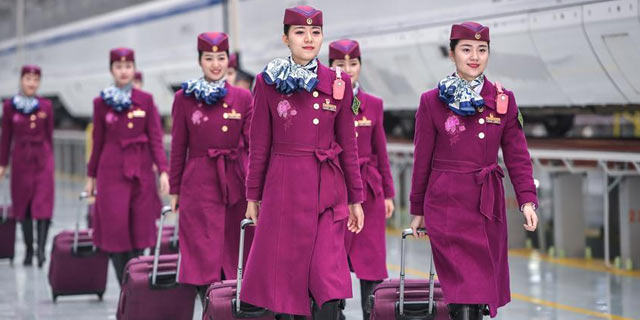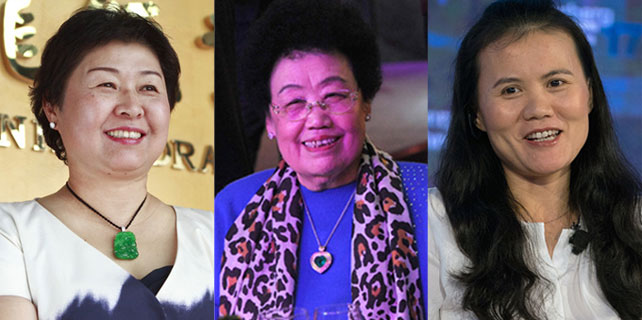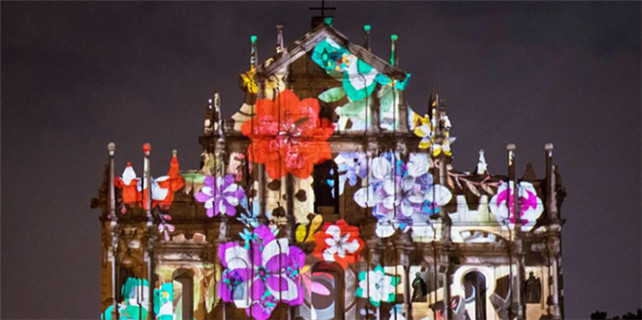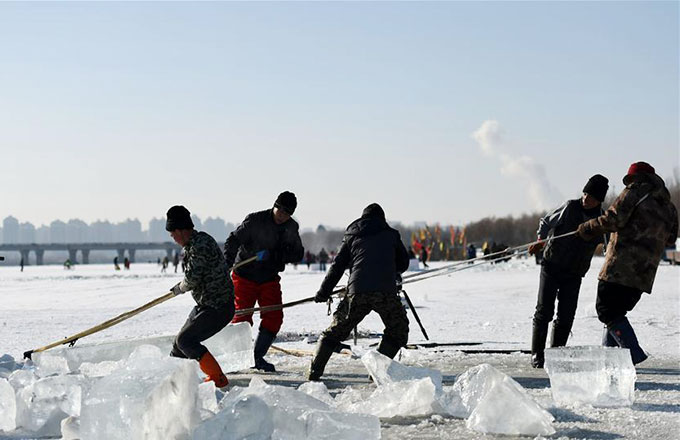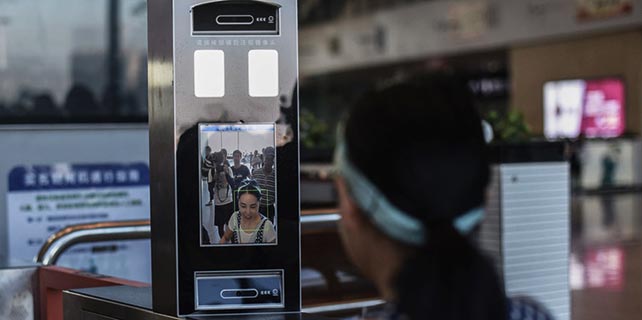Dreams and beans brewing in Beijing
|
Coffee roaster Leo Cush prepares beans in the Probat. Photos by Katherine Rodriguez / for China Daily |
The smell of fresh coffee hits you the minute you walk into the Rickshaw Roasters headquarters, a spacious room attached to Flat White cafe in Beijing's 798 Art Zone.
Head roaster Leo Cush has climbed the stairs attached to the black and gold Probat, the German-made roasting machine that looks a little like a retro spaceship, and is pouring green coffee beans through the funnel and into the oven.
"This will take about eight minutes," Cush says, as he anxiously keeps an eye on the rising temperature and changing color of the beans.
He regularly checks the roast by pulling out the "tryer" - a small metal cup with a handle that collects beans at various stages of roasting for Cush to appraise for color and smell.
"We could do a couple of coffee roasts and there could be a couple of seconds difference in the roast time, or a few degrees in the temperature, and you will be able to pick that up in the cup and taste the difference," Cush says.
Cush arrived in China three years ago chasing his coffee, and China, dream.
"I'd heard about a roastery being set up in China so I tracked a few people down and said 'I want to do it! I want to go!'" he says with a laugh.
"I hadn't been to China before. I'd briefly been to Japan, and I had traveled around Europe a bit.
"I was just really interested and really stepping out of the Western world and having a look at the other side. I had never thought of Beijing until I heard about this opportunity, and then I thought, 'wow, why not?'"
Rickshaw Roasters was being set up to supply coffee to Flat White cafes (seven outlets now dot Beijing), which were established by Chinese Michael Hongfu who had spent several years living in New Zealand and falling in love with the country's vibrant cafe culture.
Cush had spent the six years prior coming to China working at Coffee with Friends, a large coffee distribution company in New Zealand, where he learned almost every aspect of the business.
"I started off bagging coffee and then I was a coffee trainer and I was in account management and when I left I was an account manager, but I'd only done a little coffee roasting. That was the one thing I hadn't done a lot of."
China gave him the opportunity to not only develop a roastery from the ground up but also to delve into the creative side of producing a coffee with a distinctly Beijing flavor.
"We had a target of the flavor we wanted it to be - very strong, something you would remember and something with a good bit of acidity in it," Cush recalls.
"The weather in Beijing was a big learning curve for us. It was so dry and then there is the humidity and that affects how the coffee comes out of the machine. But it really affects how it roasts as well."
He says the cafe culture in Beijing is different from New Zealand, where people crowd into cafes for their morning pick-me-up.
"The big difference is coffee drinking is very big in the afternoon," Cush says.
"That really surprised me when I came here. Come 3, 4, 5 pm, the cafe fills out, even at 6 or 7 pm until quite late in the evening - that's coffee time."
The Probat has finished roasting the beans and Cush pours them into a large tub. The aroma of fresh coffee becomes even more overpowering.
Cush picks up a bean that has gone from green to chocolate brown in a few minutes.
"Look at that," he says admiringly, cracking the bean open to demonstrate how it has been perfectly roasted.
The smile on his face as he appraises the bean says it all - Cush is living the dream.







